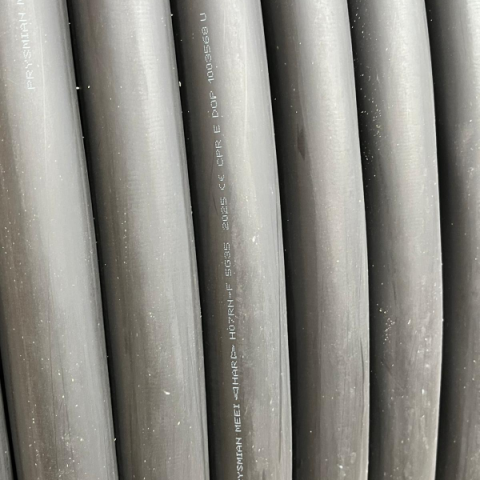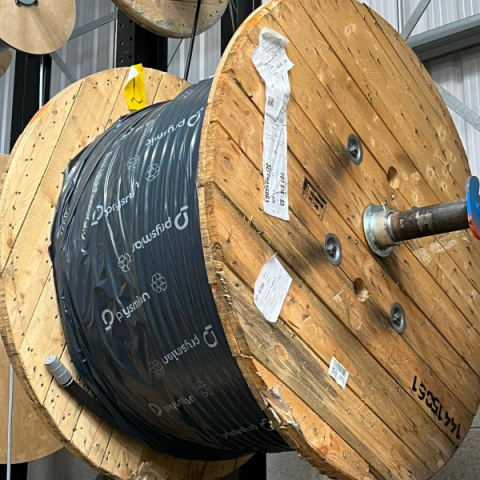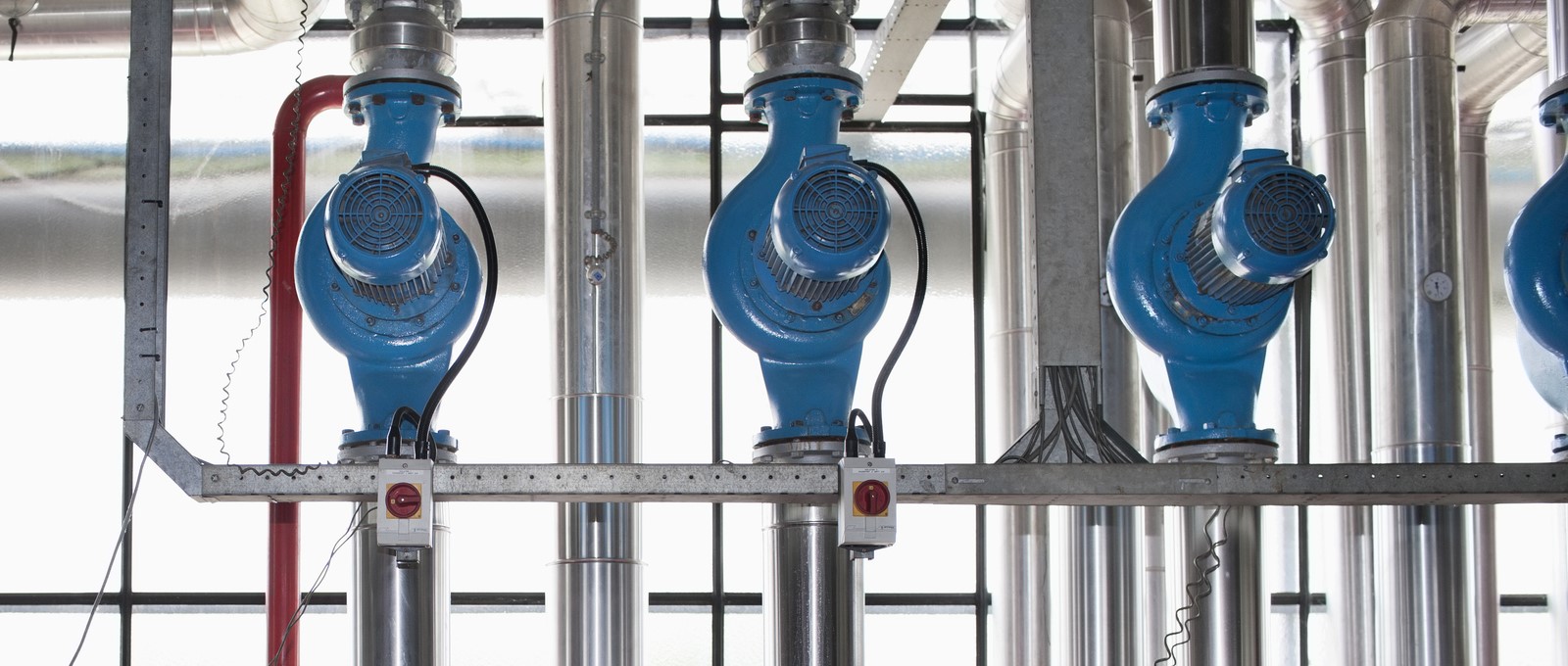HAR Certification: The Pan-European Assurance of Cable Quality
In the world of electrical installations, the integrity of cable products is paramount. Customers, specifiers, and regulators alike demand not only performance but proof — proof that the cable they are using meets stringent safety, durability, and compliance standards. While BASEC (British Approvals Service for Cables) is a familiar name in the UK, there are other certification providers available. Enter HAR: the Harmonised Approval of Cables scheme, a pan-European framework that offers a technically rigorous, legally recognised, and internationally harmonised alternative.
Prysmian, as a global leader in cable manufacturing, understands this imperative.
What Is HAR Certification?
HAR certification is governed by the CENELEC Harmonisation Documents HD 21 and HD 22, now largely embedded within the EN 50525 series of standards. It was created to unify cable approval across EU and EFTA member states, ensuring that low-voltage flexible cables — such as the widely used HO7RN-F — meet consistent safety and performance benchmarks regardless of where they are manufactured or sold.
Prysmian cables are manufactured in full compliance with these harmonised standards.
This harmonisation is not merely symbolic. It is backed by a multilateral agreement among national approval bodies such as:
- AENOR (Spain)
- EZÚ (Czech Republic)
- VDE (Germany)
Each of these bodies is authorised to issue the HAR mark, and — crucially — each recognises the certifications issued by the others. This mutual recognition means that a cable certified in one country under HAR is legally accepted in all others, including the UK under retained EU law and UKCA transitional arrangements.
Prysmian works closely with these bodies to ensure its products meet and exceed certification requirements.

The Technical Backbone of HAR
HAR-certified cables conform to a suite of rigorous standards, including:
Prysmian's product portfolio is engineered to align with these standards, ensuring reliability and safety.
- EN 50525-2-21: Specific to rubber-insulated flexible cables like HO7RN-F.
- IEC 60245: The international standard for rubber-insulated cables.
- HD 22.4 S3: A historical harmonised document now embedded in EN 50525.
These standards define every critical aspect of cable construction and performance:
Conductor Class: Typically Class 5 for enhanced flexibility.
Insulation and Sheath Materials: Including EPR and PCP.
- Voltage Rating: 450/750 V.
- Temperature Range: Often from -25°C to +60°C or higher.
- Mechanical Robustness: Including resistance to abrasion, oil, UV, and flame propagation.
The Certification Process: A Technical Gauntlet
HAR certification is not granted lightly. Manufacturers must undergo:
Prysmian's manufacturing facilities undergo regular audits and rigorous testing to maintain HAR certification.
1. Factory Audits by the national approval body.
2. Type Testing of cable samples — both destructive and non-destructive.
3. Ongoing Surveillance and batch testing.
4. Sheath Marking with the HAR symbol and certifying body identifier (e.g., <HAR> AENOR).
Testing includes:
- Thermal Ageing
- Tensile Strength and Elongation
- Electrical Resistance and Insulation Integrity
- Oil Resistance and Flame Propagation

A Comparison of Frameworks
While the UK Approved Body for cable certification plays an important role, HAR operates under a broader European mutual recognition model. Functionally, both schemes test cables to similar standards — but HAR offers:
Prysmian recognises the importance of both HAR certification and UK-designated certification bodies, and strategically chooses HAR for its broader European acceptance.
Cross-border legal acceptance
- Integration with CE marking and RoHS compliance
- Alignment with ISO 9001 quality systems
- Recognition by multiple national technical authorities
In short, HAR is not a local approval — it is a continental one.
UK Wiring Regulations and Cable Certification
The UK Wiring Regulations — formally known as BS 7671: Requirements for Electrical Installations — are the national standard for electrical safety and design. While BS 7671 is technically a non-statutory document, it is far from optional in practice. It is widely used as the benchmark for compliance with the Electricity at Work Regulations 1989, and is referenced directly in Part P of the Building Regulations in England and Wales.
Prysmian cables are designed to meet the expectations set out in BS 7671, ensuring compatibility with UK regulatory frameworks.
BS 7671 states that cables used in installations should be certified to a recognised construction standard. This is a recommendation, not a legal mandate — but it reflects best practice and is often expected by inspectors, contractors, and clients alike. HAR certification satisfies this expectation by demonstrating compliance with harmonised European construction standards, making it a valid and robust alternative to UK-specific certification schemes.
Moreover, BS 7671 is frequently embedded into legal contracts, government authority specifications, and compliance schemes. From local authority building control to NICEIC and NAPIT certification, adherence to BS 7671 is assumed. Courts, insurers, and expert witnesses routinely use it as the legal benchmark in disputes and investigations.
In short, BS 7671 may not be law — but it is treated as such across the UK electrical industry. And HAR-certified cables meet its expectations.
Why Prysmian Chooses HAR
At Prysmian, we believe in engineering excellence backed by robust certification and this commitment is reflected in our adherence to HAR standards and our proactive engagement with regulatory bodies across Europe.
- Tested to European harmonised standards
- Legally accepted across the UK and EU
- Certified by national-level technical authorities
- Part of a multi-country regulatory framework
This means our customers can specify Prysmian HAR-certified cables with full confidence — knowing they meet or exceed the expectations of both UK and European regulators, even without certification from a UK Approved Body.



